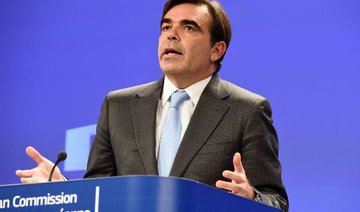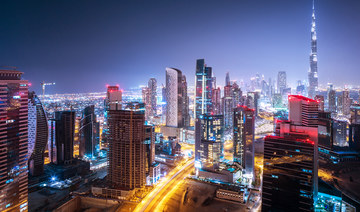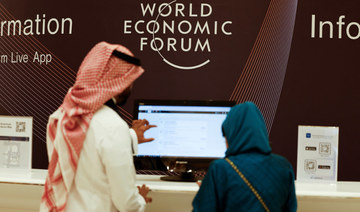BRUSSELS: EU antitrust regulators are investigating allegations of a cartel among a group of German carmakers, the European Commission said on Saturday, a measure that could result in hefty fines for the companies.
The Commission and its German counterpart were tipped off about the possible cartel, the EU competition authority said.
“The European Commission and the Bundeskartellamt have received information on this matter, which is currently being assessed by the Commission. It is premature at this stage to speculate further,” the EU executive said, without giving more details.
German magazine Der Spiegel reported on Friday that VW, BMW, Audi and Porsche may have colluded to fix the prices of diesel emissions treatment systems using industry committees.
Sixty industry committees made up of about 200 employees discussed vehicle development, brakes, petrol and diesel engines, clutches and transmissions as well as exhaust treatment systems, Der Spiegel reported, citing a letter sent to cartel authorities.
It said Volkswagen admitted to possible anti-competitive behavior in a letter to cartel authorities on July 4. Volkswagen and Daimler declined to comment on Friday and BMW was not available to comment.
Companies found guilty of breaching EU cartel rules face fines of as much as 10 percent of their global turnover.
The car industry has been hit with billion-euro fines on both sides of the Atlantic in recent years for cartels related to various parts such as lighting systems, engine coolers and bearings.
Warning against diesel ban in cities
Meanwhile, it emerged on Saturday that the EU’s commissioner for industry has warned the bloc’s transport ministers against a ban on diesel cars in European cities.
Such a move could hamper automakers’ ability to invest in zero-emission vehicles, cautioned Commissioner Elzbieta Bienkowska.
In a letter seen by Reuters, Bienkowska said there would be no benefit in a collapse of the market for diesel cars and that the short-term focus should be on forcing automakers to bring dangerous nitrogen oxide emissions into line with EU regulations.
“While I am convinced that we should rapidly head for zero-emission vehicles in Europe, policymakers and industry cannot have an interest in a rapid collapse of the diesel market in Europe as a result of local driving bans,” Bienkowska said.
“It would only deprive the industry of necessary funds to invest in zero-emissions vehicles,” she said in the letter, dated July 17.
Germany’s three major automakers have invested heavily in diesel technology, which offers more efficient fuel burn and lower carbon dioxide emissions than gasoline-powered cars.
But since Volkswagen admitted in 2015 to cheating on US emissions tests, worries about vehicle pollution have left the entire auto industry under scrutiny. A particular concern is emissions by diesel cars of nitrogen oxide, which is blamed for causing respiratory diseases.
In the letter, Bienkowska told ministers she was concerned that the latest emissions violations at Audi and Porsche were discovered by prosecutors and not Germany’s vehicle and transport authorities.
Bienkowska’s letter also called for all cars with excessively high levels of nitrogen oxide emissions to be taken off European roads, but said automakers should act on a voluntary basis. The commissioner did raise the prospect of an EU testing agency if national regulators failed to spot more emissions-test cheats.
Munich, home to BMW, has become the latest German city to consider banning some diesel vehicles. Environmental groups say diesel bans in cities can cut nitrogen oxide emissions and force automakers to design cleaner vehicles.
Experts who have seen the letter to ministers say the commissioner appeared to be bowing to automakers’ demands.
“Her letter contained some important statements that we believe show the industry’s lobbyists have scored a big win,” Bernstein analyst Max Warburton said in a report.
“They have likely argued that castigating or banning diesel would harm the industry’s earnings and employees, harm efforts to reduce carbon dioxide and harm owners of current vehicles.”
EU antitrust regulators say probing possible German car cartel
EU antitrust regulators say probing possible German car cartel
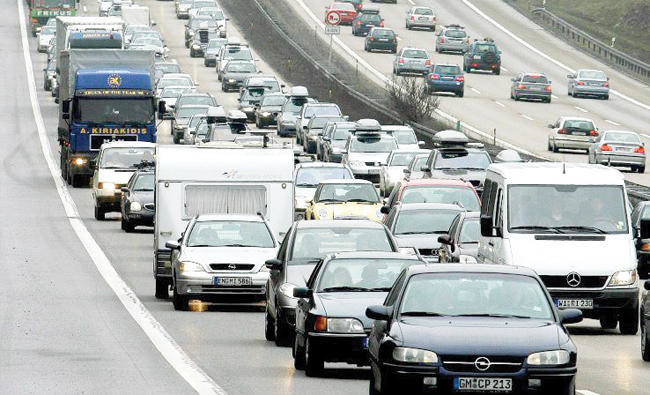
Dubai Real Estate Brokers Program attracts 25 strategic partnerships
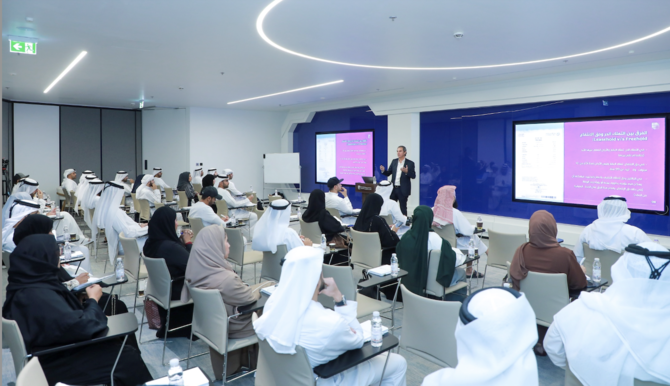
RIYADH: Dubai’s property market is set to grow, with the Real Estate Brokers Program securing 25 partnerships with brokerage companies and developers in the private sector.
According to a press statement, the first phase of the program, launched in mid-March and headed by the Dubai Land Department, also received over 1,000 registrations from Emirati citizens.
Dubai Real Estate Brokers Program aims to increase the proportion of citizen brokers from 5 percent to 15 percent over the next three years to enhance the participation of young citizens in the Emirate’s developmental initiatives across various key sectors.
“This reflects the early positive impact of the program, showcasing citizens’ aspirations and eagerness to engage as real estate brokers and acknowledging the pivotal role of Dubai’s real estate sector locally and globally,” said Marwan bin Ghalita, acting director general of Dubai Land Department.
The initiative also aligns with Dubai Social Agenda 33, which seeks to triple the number of Emiratis working in the private sector.
Ghalita added that the program will help young talents in the nation enhance their productivity, therefore contributing to Dubai’s economic growth.
“Dubai consistently offers outstanding examples of collaboration and synergy between the private and public sectors,” said Ghalita.
He added: “With the program’s enrollment exceeding 1,000 citizens and real estate companies continuing to join the strategic alliance within a short period, we are diligently working toward achieving all the ambitious goals of the Dubai Real Estate Brokers Programme. In particular, Emirati real estate brokers will increase from 5 percent to 15 percent over the next three years.”
The program also encompasses additional initiatives, including Emirati real estate broker licensing, encouraging property developers to allocate a portion of their sales to local agents, and empowering citizens in the property sector.
Under the partnership with the private sector, citizen participants will receive various support packages to enhance the competitive edge of UAE people and enable them to take up roles in the real estate sector.
The press statement added that efforts would also be made to allocate 10 percent to 15 percent of the development company’s sales to be marketed by Emirati real estate brokers, therefore contributing to the empowerment of national citizens by offering them employment opportunities in the property market.
Dubai ruler approves new $35bn airport terminal
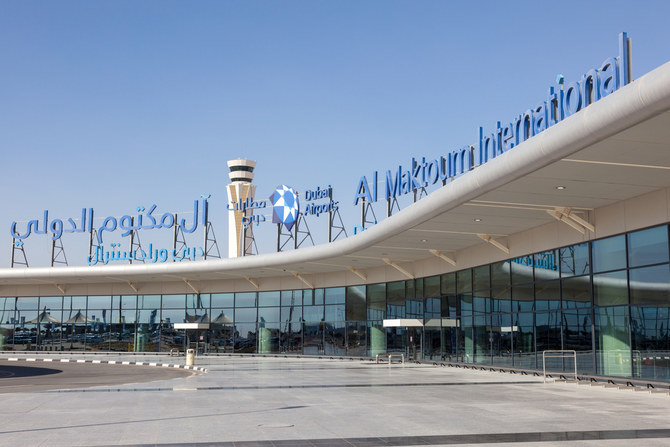
CAIRO: Dubai’s ruler Sheikh Mohammed bin Rashid Al-Maktoum approved a new passenger terminal in Al Maktoum International airport worth 128 billion dirhams ($34.85 billion), he said on Sunday in a post on X.
The Al Maktoum International Airport will be the largest in the world with a capacity of up to 260 million passengers, and five times the size of Dubai International Airport, he added, saying that all operations at Dubai airport would be transferred to Al Maktoum in the coming years.
The Al Maktoum airport will also include 400 terminal gates and five runways, he said.
The airport will be the new home of flagship carrier Emirates and its sister low-cost airline Flydubai along with all airline partners connecting the world to and from Dubai, Dubai state-owned airline Emirates chairman Sheikh Ahmed bin Saeed Al-Maktoum said.
The move “further solidifies Dubai’s position as a leading aviation hub on the world stage,” the CEO of Dubai Airports, Paul Griffiths, was quoted as saying by the Dubai Media Office.
Oil Updates – prices fall 1% on Israel-Hamas ceasefire talks, US inflation concerns
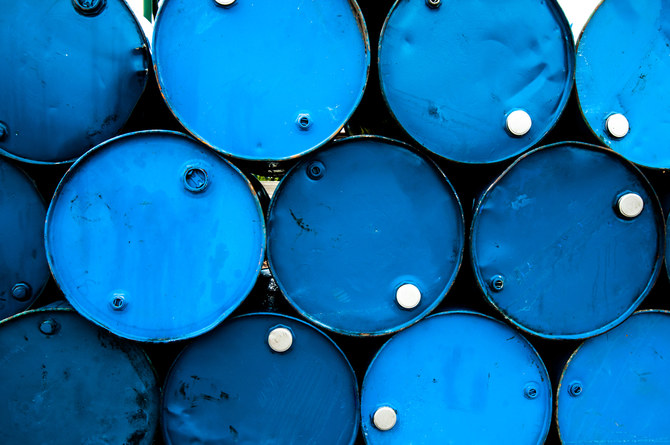
BEIJING/NEW DELHI: Oil prices were down 1 percent on Monday, erasing gains from Friday as Israel-Hamas peace talks in Cairo eased fears of a wider conflict in the Middle East and US inflation data further dimmed the prospects of interest rate cuts anytime soon, according to Reuters.
Brent crude futures fell by as much as 98 cents, or 1.09 percent, to $88.52 a barrel by 9:44 a.m. Saudi time. West Texas Intermediate futures were down 83 cents, or 0.99 percent, at $83.02 a barrel.
Stepped-up efforts to mediate a ceasefire between Israel and Hamas moderated geopolitical tensions and contributed to the weak opening on Monday, IG market analyst Tony Sycamore said. A Hamas delegation will visit Cairo on Monday for peace talks, a Hamas official told Reuters.
Israel’s foreign minister said on Saturday a planned incursion into Rafah, where more than one million displaced Palestinians are sheltering, could be put off in the event of a deal that involves the release of Israeli hostages.
A White House spokesperson said Israel had agreed to listen to US concerns about the humanitarian effects of the potential invasion.
Markets are also on watch for the US Federal Reserve’s May 1 policy review.
“Also playing a part are some nerves ahead of this week’s Federal Open Market Committee meeting which is expected to come with a more hawkish tone,” Sycamore said.
US inflation rose 2.7 percent in the 12 months through March, data on Friday showed, above the Fed’s target of 2 percent. Lower inflation would have increased the likelihood of interest rate cuts, which would stimulate economic growth and oil demand.
“The sticky US inflation sparks concerns for ‘higher-for-longer’ interest rates,” leading to a stronger US dollar and putting pressure on commodity prices, independent market analyst Tina Teng said.
The dollar strengthened on the prospect of higher-for-longer interest rates. A stronger dollar makes oil more expensive for those holding other currencies.
Further weighing on the outlook for oil demand, China’s industrial profit growth slowed down in March, official data showed on Saturday, in the latest sign of frail domestic demand in the world’s second largest economy.
Cumulative profits of China’s industrial firms rose 4.3 percent to 1.5 trillion yuan ($207 billion) in the first quarter from a year earlier, compared to a 10.2 percent rise in the first two months.
But oil prices could swing higher again if US inventory data and China’s PMI index show improvements this week, Teng said.
Brent had settled up 49 cents and WTI up 28 cents on Friday on concerns about disruptions to supply from events in the Middle East.
The market brushed aside potential supply disruptions stemming from Ukranian drone strikes on the Ilsky and Slavyansk oil refineries in Russia’s Krasnodar region over the weekend. The Slavyansk refinery had to suspend some operations after the attack, a plant executive said.
Algeria asked by Europe to boost gas supply
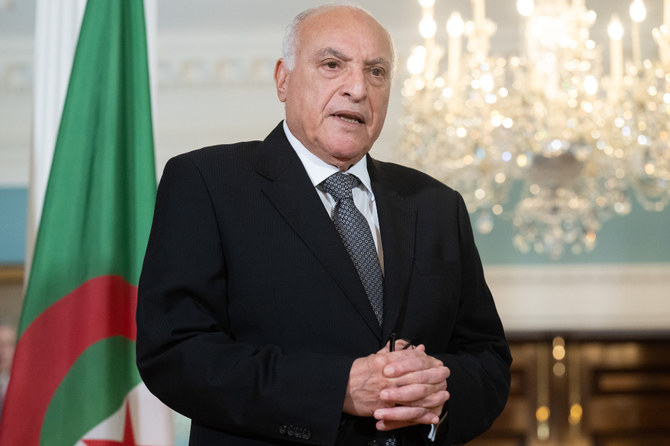
- Regional, global conflict affecting energy industry, says Algeria FM
- Key constraints are Israel war on Palestine, Ukraine-Russia battle
RIYADH: Algeria has been asked by its partners in Europe to increase gas supply because regional and global conflicts have affected the industry, the country’s foreign minister said on Sunday.
Speaking at a special World Economic Forum meeting in Riyadh, Ahmed Attaf said his country has established a “very complex network of cooperation” with its partners in the region.
“We are a Mediterranean country. We are a gas-producing country. We are asked by our partners in Europe more and more to deliver additional quantities of gas,” he said.
Speaking about how the global environment has changed over the past two-and-a-half years, Attaf said that conflict has affected the energy market, which requires more effective intervention from the UN and its Security Council.
“We have, of course, the conflict in Ukraine that is impacting our region. We have the Palestinian-Israeli conflict that is also impacting our region, and we have the Sahel region. And we are also feeling the impact of the deteriorating situation in this region on the Euro-Mediterranean area,” he added.
He said the “sophisticated” energy cooperation did not come at “the cost of our commitments to alleviating the effects on our environment.”
Saudi Arabia committed to preserving environment, water resources, minister tells WEF
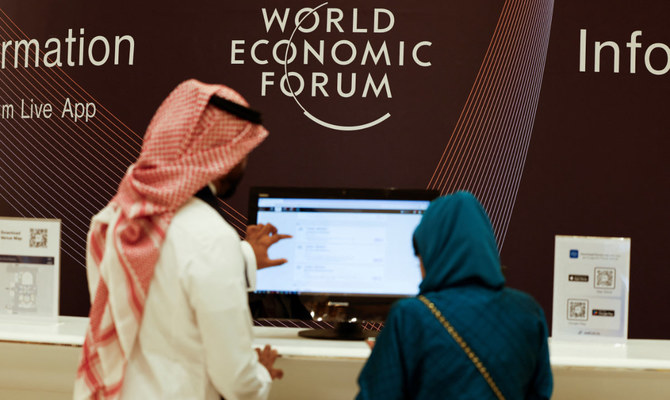
- Nation providing incentives for private sector to become more engaged, Abdulrahman Al-Fadley says
DUBAI: Saudi Arabia has detailed plans for the protection of its lands and environmental resources, the Minister of Environment, Water and Agriculture said on Sunday.
Speaking at the World Economic Forum in Riyadh, Abdulrahman Al-Fadley said: “We have devised our plans based on the preservation of our environment and the management of our water resources. The Kingdom is also providing incentives for the private sector to become more engaged and more responsible toward the environment.”
With 40 percent of lands around the world degraded and further degrading at an alarming rate, critical action is needed as the UN Convention to Combat Desertification COP16 is set to take place in Riyadh in December.
Al-Fadley said Saudi Arabia had preserved millions of hectares of land and set up programs for cloud seeding and increasing the number of dams in the country.
“This will not only be beneficial to the Kingdom but for the whole region,” he said. “With us hosting COP16 we are hoping to give the meeting the importance it commands. We don’t want matters to go back to the status quo after COP16 ends.”
Tariq Al-Olaimy, a member of the Global Shapers Community Foundation Board at the WEF, commended King Salman for his land restoration efforts.
“When you put nature first, you are equally putting people first,” he said. “Nature is our greatest collaborator … There is no successful growth story without successful land restoration and this starts inwardly, through our religion, community, values and moral clarity.”
Ibrahim Thiaw, secretary of the UNCCD, warned of global repercussions if the world did not pay heed to environmental safekeeping.
“Entire ecosystems are being destroyed through actions and inactions,” he said. “There has been a 29 percent increase in droughts in the past few years and that is affecting 1.8 billion people around the world. For poor nations that is disastrous and carries a large death toll of animals, people and agriculture. We have to be more proactive and not just emergency-ready. We must attempt to avoid emergencies.”
Thiaw said the Panama Canal’s functionality had been reduced by 12 percent, which was causing a problem for supplies.
“Demand is increasing while resources are shrinking,” he said. “As humanity we have been looking at resources as if they are unlimited. We have not been managing them. Companies need to reset their relationship with nature and we need to focus on land restoration to keep going.”
Naoki Ishii, director of the Center for Global Commons, had similar concerns.
“We are on a collision course,” he said. “The only solution is to modify our economic system. COP16 must be transformative for all of us. We need the political momentum to implement positive changes.
“If we are able to push those efforts, economically and ideally speaking, that will be a game changer.”


